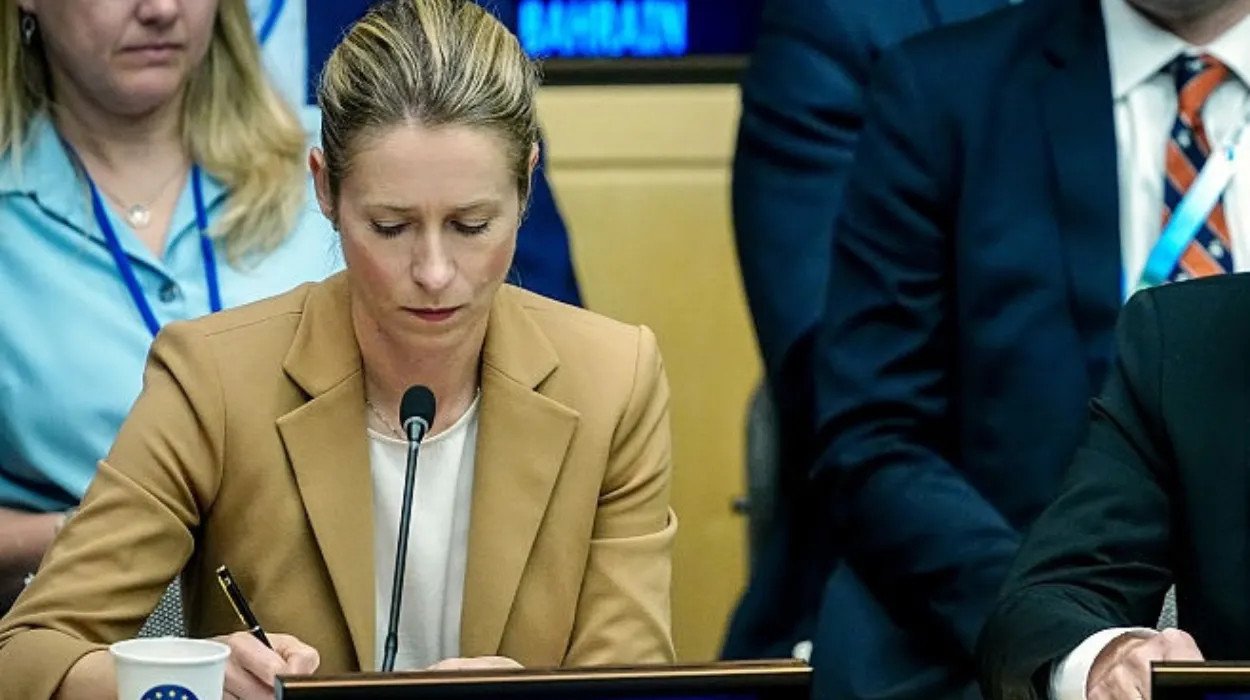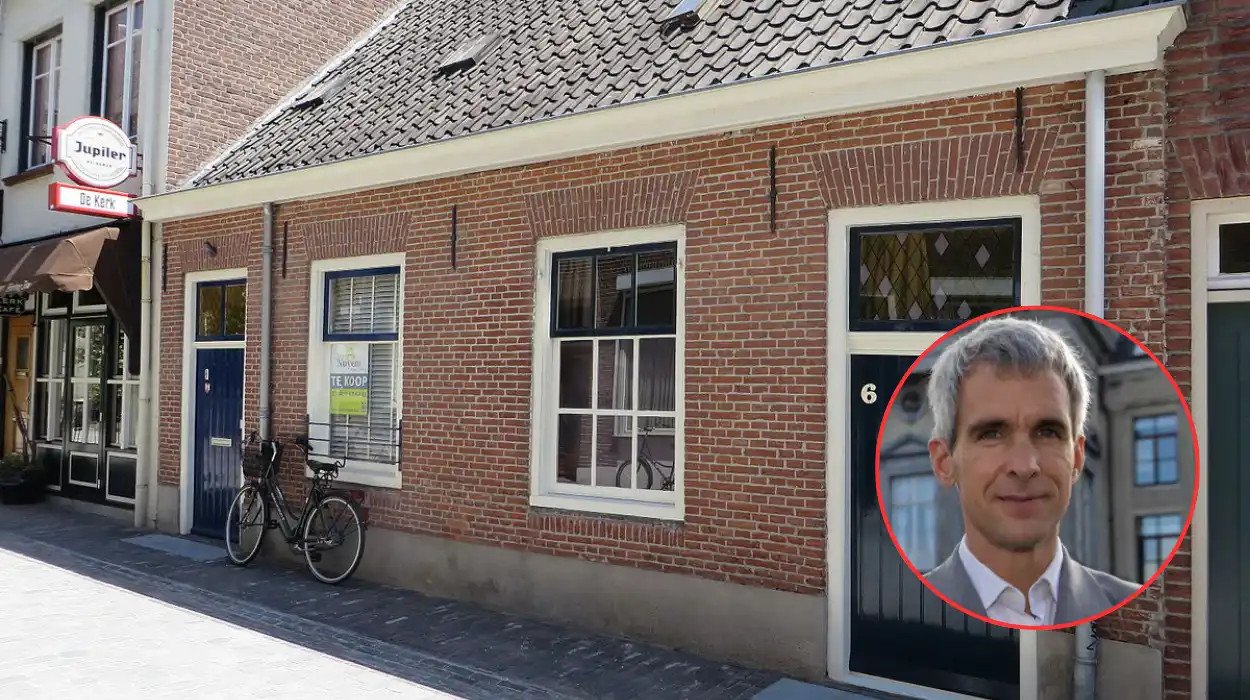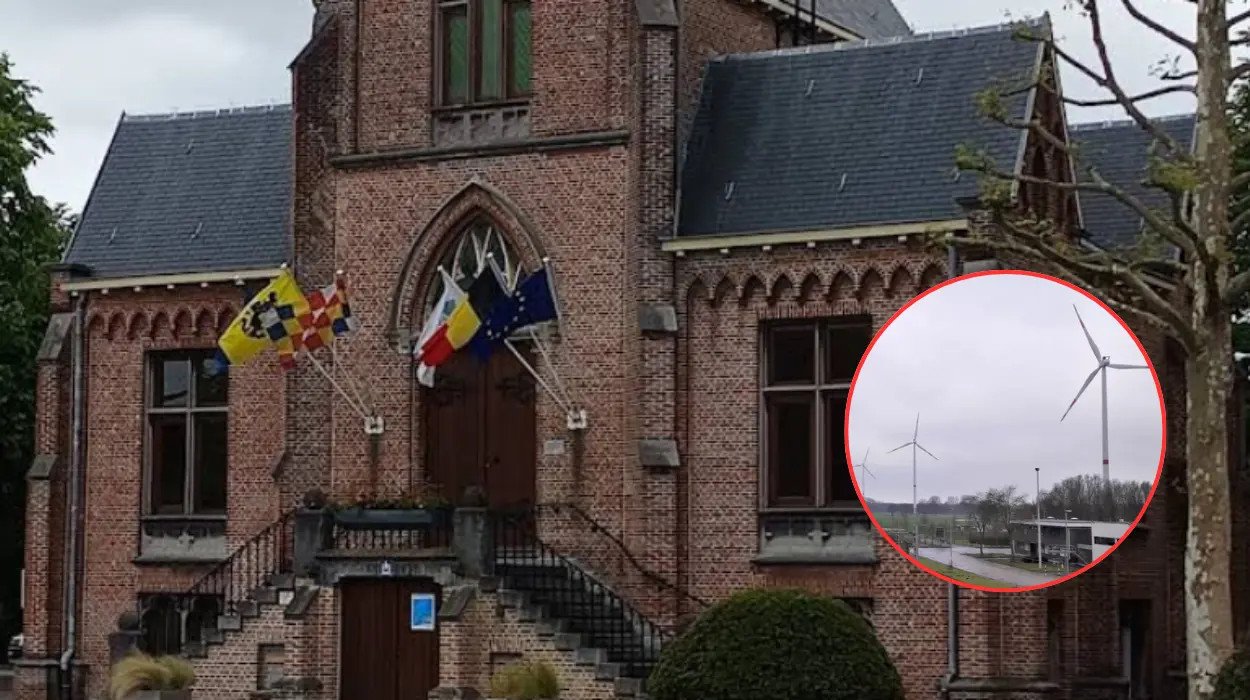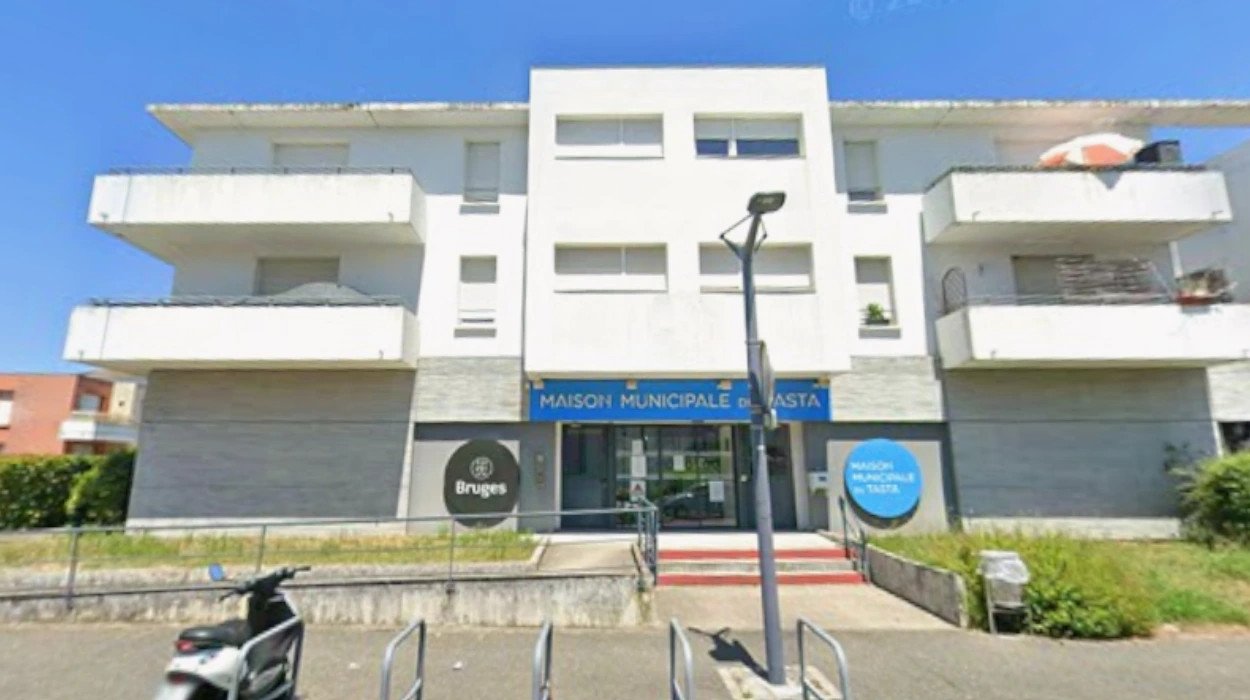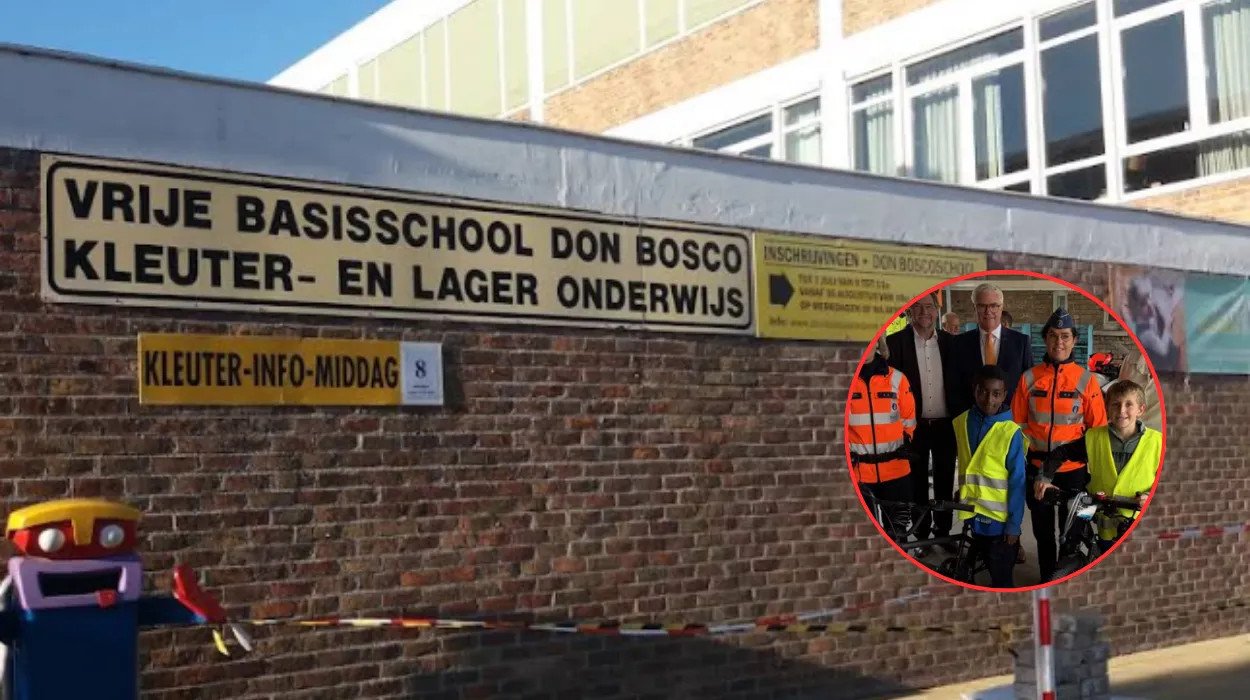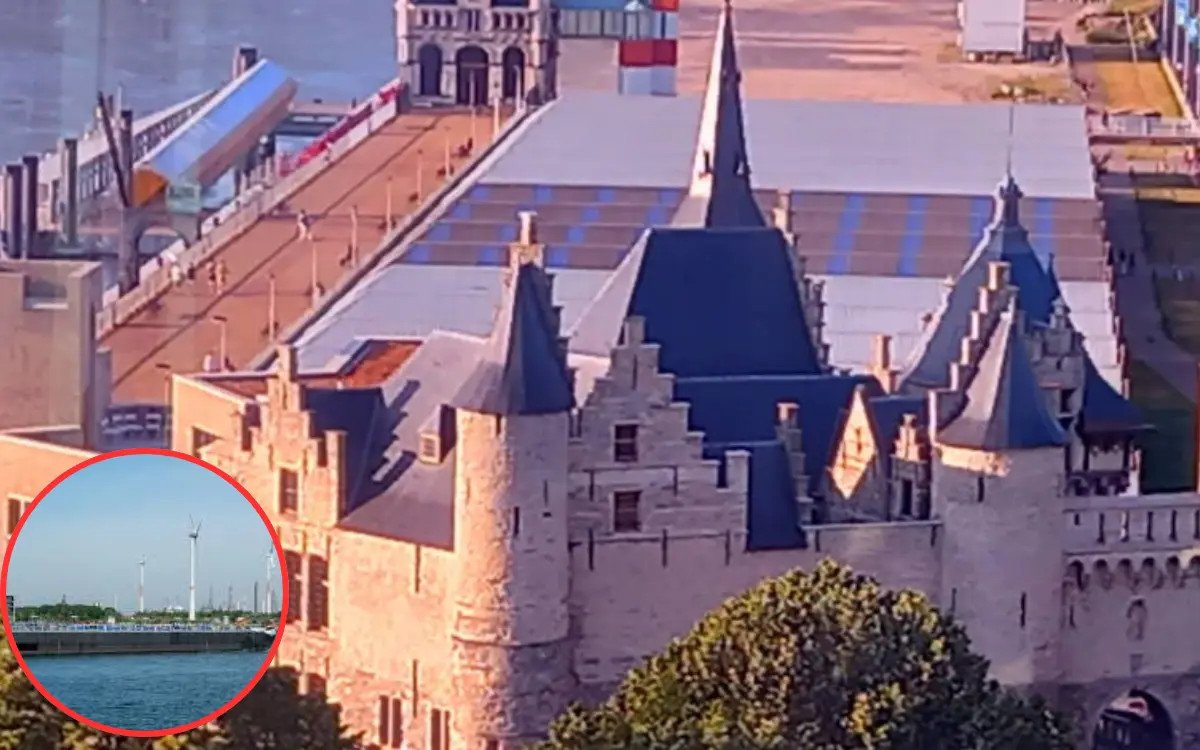Brussels – The European Union’s chief diplomat, Kaja Kallas, emphasized on Sunday that the reimplementation of broad sanctions against Iran’s nuclear program should not signify the cessation of diplomatic engagement with the Islamic Republic, reports 24brussels.
For the first time in a decade, comprehensive UN sanctions against Iran have been reinstated following the collapse of nuclear negotiations with Western powers. The UN imposed these sanctions early Sunday to address ongoing concerns related to Iran’s nuclear ambitions.
Kallas noted in a statement on X that while the European Union will align with the United Nations in enforcing these sanctions, “a sustainable solution to the Iranian nuclear issue can only be achieved through negotiations.”
“A sustainable solution to the Iranian nuclear issue can only be achieved through negotiations.”
These sanctions, enacted late Saturday, arrive three months after Israel and the U.S. launched bombings targeting Iranian facilities. They aim to restrict transactions related to Tehran’s nuclear and ballistic missile programs, which are anticipated to exacerbate the nation’s struggling economy.
The reinstatement of the sanctions marks the implementation of “snapback” measures that had been suspended in 2015, when Iran accepted extensive limits on its nuclear program under an agreement negotiated during former U.S. President Barack Obama’s administration. Britain, France, and Germany initiated this snapback 30 days ago, citing increased barriers to monitoring Iran’s nuclear activities and a deadlock in discussions with the U.S.
Following the reimposition of sanctions, the foreign ministers of Britain, France, and Germany issued a joint statement reaffirming their commitment to seek “a new diplomatic solution to ensure Iran never acquires a nuclear weapon.”
Why did the UN reinstate sanctions against Iran now?
The sanctions specifically target Iran’s nuclear and ballistic missile development activities and are expected to have substantial implications for the nation’s economy. These measures are intended to counter alarming trends observed in Iran’s compliance with international agreements regarding nuclear proliferation.
The recent escalation in sanctions comes as a response to Iran’s increasing defiance regarding monitoring and compliance, inciting concerns among international observers. The hope remains that renewed diplomatic efforts can temper escalation and pave the way for constructive dialogue.
How is the European Union addressing nuclear concerns?
The European Union has consistently articulated serious concerns regarding Iran’s nuclear program, underscoring the necessity for continued diplomatic efforts. The EU aims to ensure Iran’s full adherence to obligations under the Treaty on the Non-Proliferation of Nuclear Weapons (NPT) and its Comprehensive Safeguards Agreement (CSA) with the International Atomic Energy Agency (IAEA).
During a Special Board of Governors meeting of the IAEA in June 2025, the EU reiterated that preventing Iran from acquiring nuclear weapons is of paramount security significance. The bloc has called for all parties to de-escalate tensions indicative of international relations and to initiate a path toward security through diplomacy.
